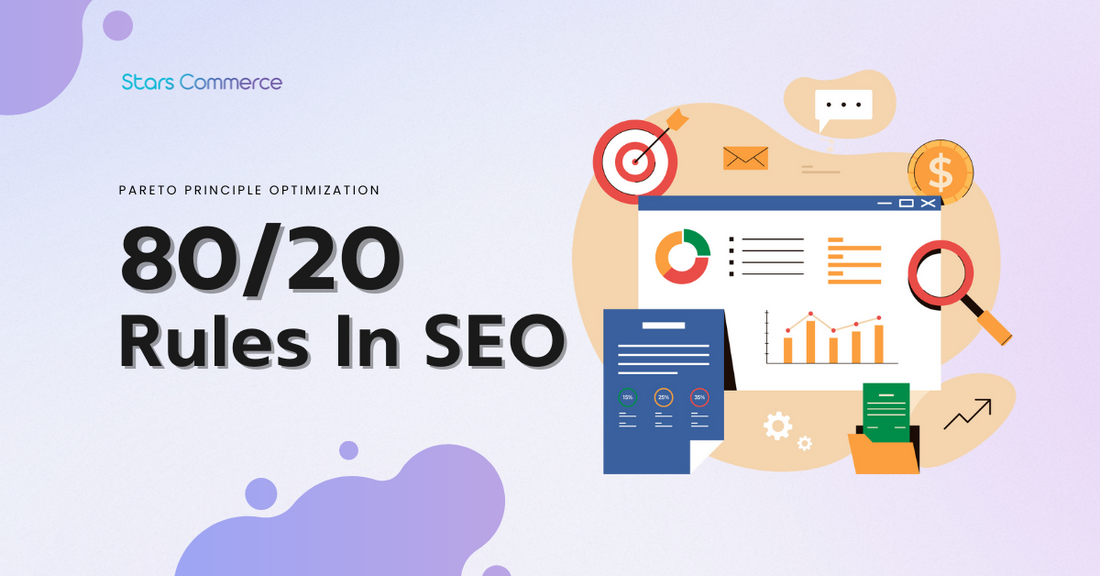SEO (Search Engine Optimization) refers to the practice of optimizing websites and web pages to improve their visibility and rankings on search engine results pages (SERPs). The main goal of SEO is to increase organic (non-paid) traffic from search engines like Google, Bing, or Yahoo. Today we'll share how you can apply Pareto principle to SEO and brings great results for your business.
What is Pareto Principle?
According to Wikipedia: The Pareto Principle is an economics principle that indicates that 80 percent of the results come from 20 percent of the causes.
Have you heard about Pareto's Law? It states that 80% of your sales will likely come from 20% of your clientele. 80/20 is an oversimplification, but a rough representation of how most of the 80% of the business is typically earned (and how many people think it's earned!). If you know which customers are responsible for 80% of your sales, and you know which customers are most profitable, you can tailor your content and SEO accordingly for these customers (and cater more specifically to them!).
How to apply Pareto Principle to SEO?
Make sure to put your efforts in places where they bring the highest ROI. Long audits and other forms of customer service can bring more referrals, but if you know what your doing you could do a better job at segmenting your tasks (page speed, content, keywords, backlinks). You could focus on a few aspects and make your whole marketing around those. Here are 3 things we recommend you do for great SEO results. But before we dive in, let's find out who can benefit.
- Keyword Research: Identify the top 20% of keywords that drive the majority of your organic traffic and focus on optimizing your website for those keywords. This includes incorporating them strategically into your website's meta tags, headings, content, and internal links.
- Content Optimization: Concentrate on improving the quality and relevance of your top-performing content. Identify the pages or blog posts that generate the most traffic or conversions and optimize them further by updating the information, enhancing the user experience, and making them more engaging.
- Technical SEO: Address critical technical issues that may be hindering your website's performance. Focus on the 20% of technical elements that have the most significant impact on search rankings, such as website speed optimization, mobile-friendliness, and ensuring proper indexing and crawlability by search engines.
- Link Building: Instead of pursuing a high quantity of backlinks, prioritize quality over quantity. Focus on building relationships with authoritative websites in your industry and securing backlinks from them. These high-quality backlinks will have a more substantial impact on your search rankings compared to numerous low-quality backlinks.
- User Experience (UX): Enhance the user experience on your website by focusing on the key areas that will provide the most value to your visitors. This could involve improving website navigation, reducing page load times, optimizing for mobile devices, and making your content easily accessible and readable.



